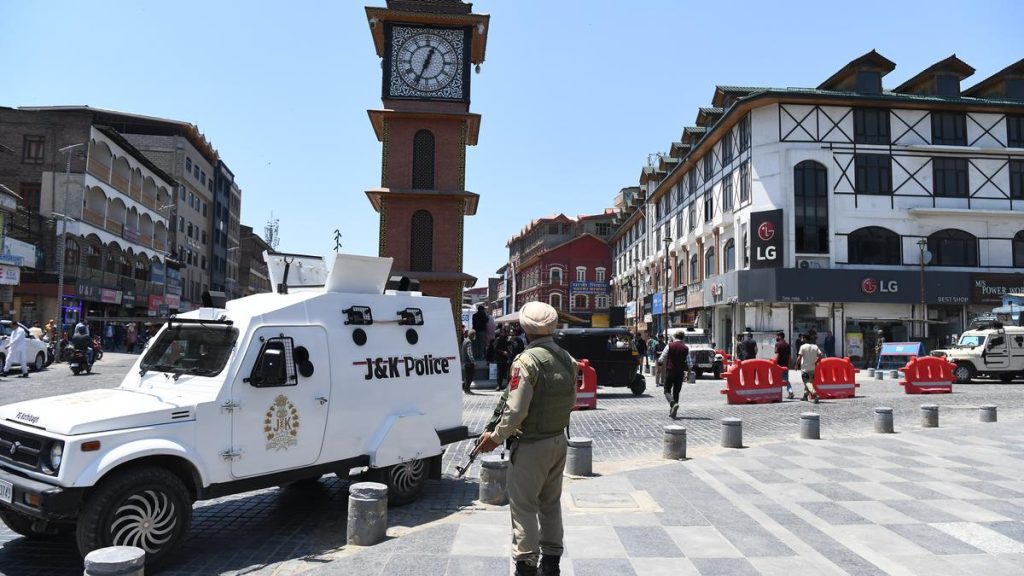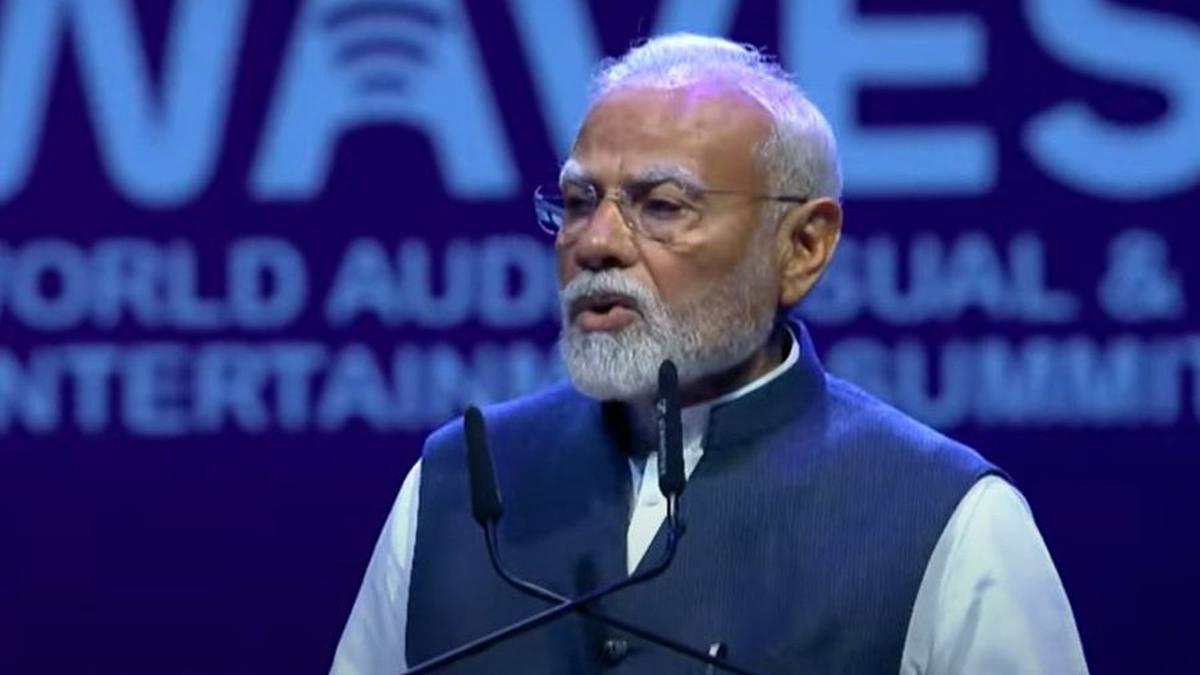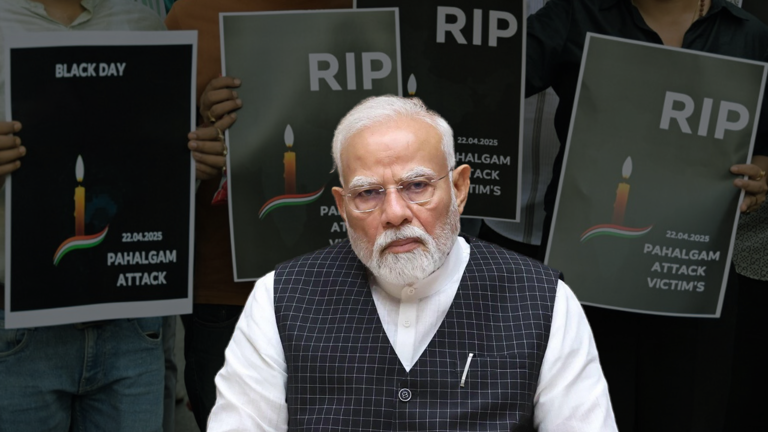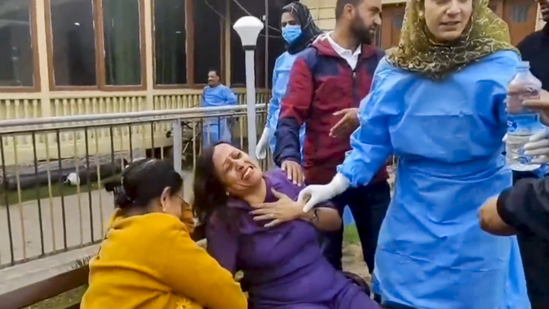
Paradise Turned Battleground
The serene valleys of Pahalgam, known for their breathtaking beauty, were shattered by violence on May 1, 2025, when a Pahalgam terror attack left security forces and civilians in shock. The incident has reignited debates on national security, judicial accountability, and the evolving tactics of terrorists in Kashmir. As investigations unfold, questions arise—who mentored these attackers, and how self-sufficient have they become?
This article delves into the Pahalgam terror attack, the Supreme Court’s stern response to demands for a judicial probe, and intelligence reports suggesting terrorists are now self-reliant, carrying their own food and supplies.
The Pahalgam Terror Attack: A Brutal Strike in Paradise
On May 1, 2025, terrorists ambushed security personnel in Pahalgam, a popular tourist destination in Jammu and Kashmir. The attack, which occurred near a sensitive security zone, left multiple casualties and heightened tensions along the Line of Control (LoC).
Key Details of the Attack:
- Target: Security forces on patrol duty.
- Method: Ambush-style assault using automatic weapons.
- Casualties: Several security personnel injured, with reports of fatalities.
- Aftermath: Increased military presence and combing operations in the region.
The Pahalgam terror attack has raised concerns about the mentorship and training behind such strikes. Intelligence sources suggest that foreign handlers continue to guide local militants, ensuring sophisticated execution.
Supreme Court Slams Petitioners Seeking Judicial Probe
In the wake of the attack, certain groups demanded a judicial probe, alleging lapses in security. However, the Supreme Court of India delivered a sharp rebuke, questioning the motives behind such petitions.
SC’s Strong Remarks:
- Do you want to demoralize our forces?” – The bench emphasized the armed forces’ sacrifices.
- Dismissed claims of cover-ups, stating security agencies are already investigating.
- Highlighted the risks of undermining military morale during active counter-terror operations.
Legal experts argue that the SC’s stance reinforces trust in security forces while discouraging politically motivated interventions.
NIA Report: Terrorists Becoming Self-Reliant
A startling revelation by the National Investigation Agency (NIA) indicates that terrorists in Kashmir are no longer dependent on external support.
Findings from NIA Sources:
- Self-Sustained Operations: Terrorists now carry their own food, medicine, and equipment, reducing reliance on local sympathizers.
- Longer Survival in Hiding: Improved logistics allow them to evade security forces for extended periods.
- Mentored by Veteran Insurgents: Experienced handlers train new recruits in survival tactics and guerrilla warfare.
This shift suggests a dangerous evolution in terrorist strategies, making counter-insurgency operations even more challenging.

Who is Mentoring Kashmir’s Terrorists?
The Pahalgam terror attack has spotlighted the shadowy figures behind Kashmir’s militancy. Intelligence reports point to:
1. Foreign Terrorist Groups
- Lashkar-e-Taiba (LeT) and Jaish-e-Mohammed (JeM) continue to infiltrate and train militants.
- Pakistani handlers provide remote guidance via encrypted communication.
2. Local Radical Networks
- Overground Workers (OGWs) facilitate logistics and recruitment.
- Social media propaganda radicalizes youth, turning them into foot soldiers.
3. Self-Taught Tactics
- Some militants operate independently, learning from online jihadist content.
- Mentorship through dark web forums has become a growing concern.
Security Response and Future Challenges
Following the Pahalgam terror attack, security forces have intensified:
- Cordon-and-search operations in South Kashmir.
- Enhanced surveillance using drones and tech intelligence.
- Crackdown on terror financing to disrupt logistical support.
However, the self-reliant nature of modern militants poses a unique challenge. Forces must adapt to new-age guerrilla tactics while ensuring civilian safety.
Read More Also:- Killing After Asking Identity, Muslims Are Feeling Weak
Conclusion: A Battle of Wits and Will
The Pahalgam terror attack is a grim reminder that terrorism in Kashmir remains a persistent threat. With militants now mentored by seasoned operatives and operating independently, security strategies must evolve.
The Supreme Court’s firm stance against judicial interference underscores the need for unwavering support for our forces. Meanwhile, intelligence agencies must decode the self-reliance model of terrorists to preempt future strikes.
As India fights this shadow war, one question lingers—how many more attacks will it take before terrorism in Kashmir is finally eradicated?



